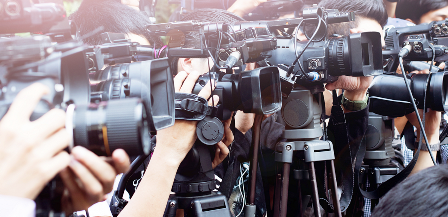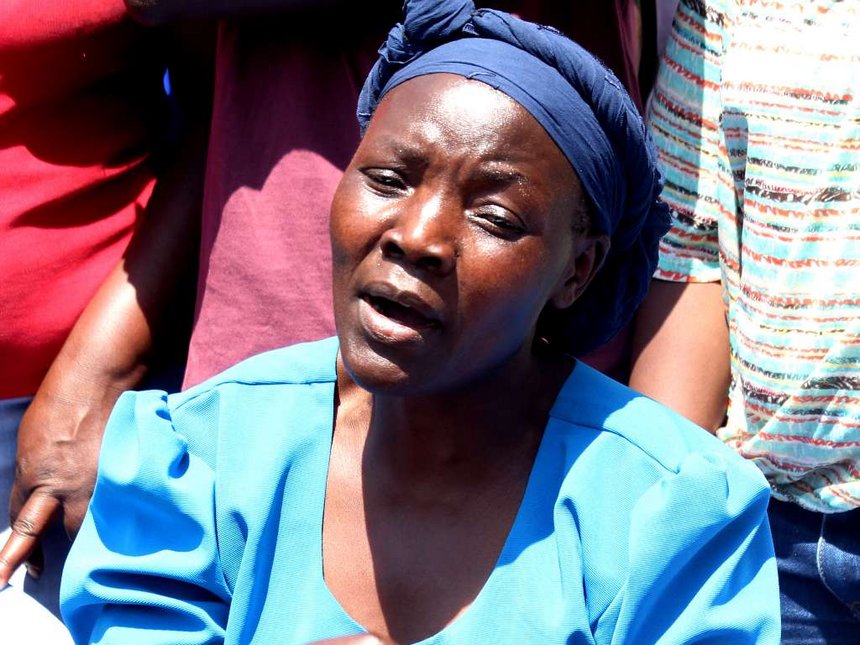By Sarah Nyakio
Cases of harassment and impunity against journalists have drastically increased in the past few months. Journalists have been attacked by the police, politicians, the government and even the citizenry.
The devastation journalists have faced in the recent past have seen some of them get injured, their equipment damaged, and some have lost their lives in the line of duty. Washington Post columnist Jamal Khashoggi’s body was recently found cut up and disfigured in the garden of the Saudi consul general’s residence in Istanbul, Turkey.
Journalist Jamal wrote about the freedom of expression in Saudi Arabia and was not afraid to voice his many criticism about the Saudi government. Attacks on journalists limit the people’s right to access information.
Journalists are paying heavily for their stories especially those that scrutinize the government and question the elite. In Africa, the crackdown on journalists by leaders trying to hang on to power is the order of the day.
The Universal Declaration of Human Rights, Article 19 provides that everyone has the right to freedom of opinion and expression; this right includes freedom to hold opinions without interference and to seek, receive and impart information and ideas through any media regardless of frontiers.
In Kenya, journalists who covered the 2017 general elections and October 26 repeat presidential election worked in a difficult environment. The journalists faced physical attacks, arrest and some were denied access to some areas.
On August 12, 2017, Kenya Television Network (KTN) journalist Duncan Khaemba was reporting on violent post-election protests in Nairobi’s Kibera slum when he was arrested together with his cameraman David Oketch for allegedly possessing a helmet and body armor without a proper license.
Months later, Nation TV cameraman Robert Gichira,, Citizen TV Stephen Letoo and KTN reporter Sophia Wanuna again endured brutality when they were beaten up and kicked out of Jomo Kenyatta International Airport(JKIA) on March 26, 2018, as they covered the return of Dr. Miguna Miguna, who had been deported following Opposition leader Raila Odinga’s ‘swearing-in’.
The assault of journalists is a breach of the Kenyan Constitution which guarantees freedom of the media. Attacks on journalists are also a violation of the International Treaties ratified by Kenya including Article 19 of the International Covenant on Civil and Political Rights.
Transparency International findings show that 368 journalists were murdered between 2012 and 2017. Out of these, 70 were murdered while covering corruption stories. It is clear that governments of the day will do absolutely anything to limit the right to access information.
On September 3, 2018, NTV journalist Barrack Oduor narrowly escaped death when he met with slain campus student Sharon Otieno. Attacks on journalists limit the people’s right to access information.
According to the Committee to Protect Journalists (CPJ), 2017 was one of the dangerous years to be a journalist. CPJ report revealed that journalists around the world face intimidation, threats of violence, harassment, enforced disappearances, and even worse death.
In Burundi, journalist Jean Bigirimana has been missing since 22 July 2016, the day he was arrested and forcibly disappeared by agents believed to be of the National Intelligence Agency (SNR).
Two journalists have been killed in Somalia. One, Abdirisag Qasim Iman, was fatally shot at a police checkpoint in July 2018. The other, Abdirizak Said Osman, was stabbed to death as he left his radio station in September 2018.
In Sudan, On 29 October, the Press Court in Khartoum sentenced Zine El Abeen Al-A’jab, a former editor of Al Mustagila newspaper to one and a half months in prison, or a fine of 5,000 pounds ($104).
Ethiopian journalist Eskinder Nega was released on February 14 2018, after seven years in prison, charged under harsh anti-terrorism laws after he criticized the government’s arrest of journalists and activists. Impunity for crimes against journalists 9 in 10 cases remains unpunished.
The undermining and intimidation of journalists make it hard to hold governments accountable and responsible for corruption and human rights violations. The impunity against journalists is an intolerable violation of human rights.
In 2013, the UN General Assembly declared 2 November as the International Day to End Impunity for Crimes against Journalists.
We, therefore, need to commit to protecting independent journalism, a free media environment and the basic right to freedom of expression. If governments seek to strengthen democratic governance, the media should be given a conducive environment to work easily without prejudice and surveillance.
John McCain “Freedom of information is critical for democracy to succeed.”










